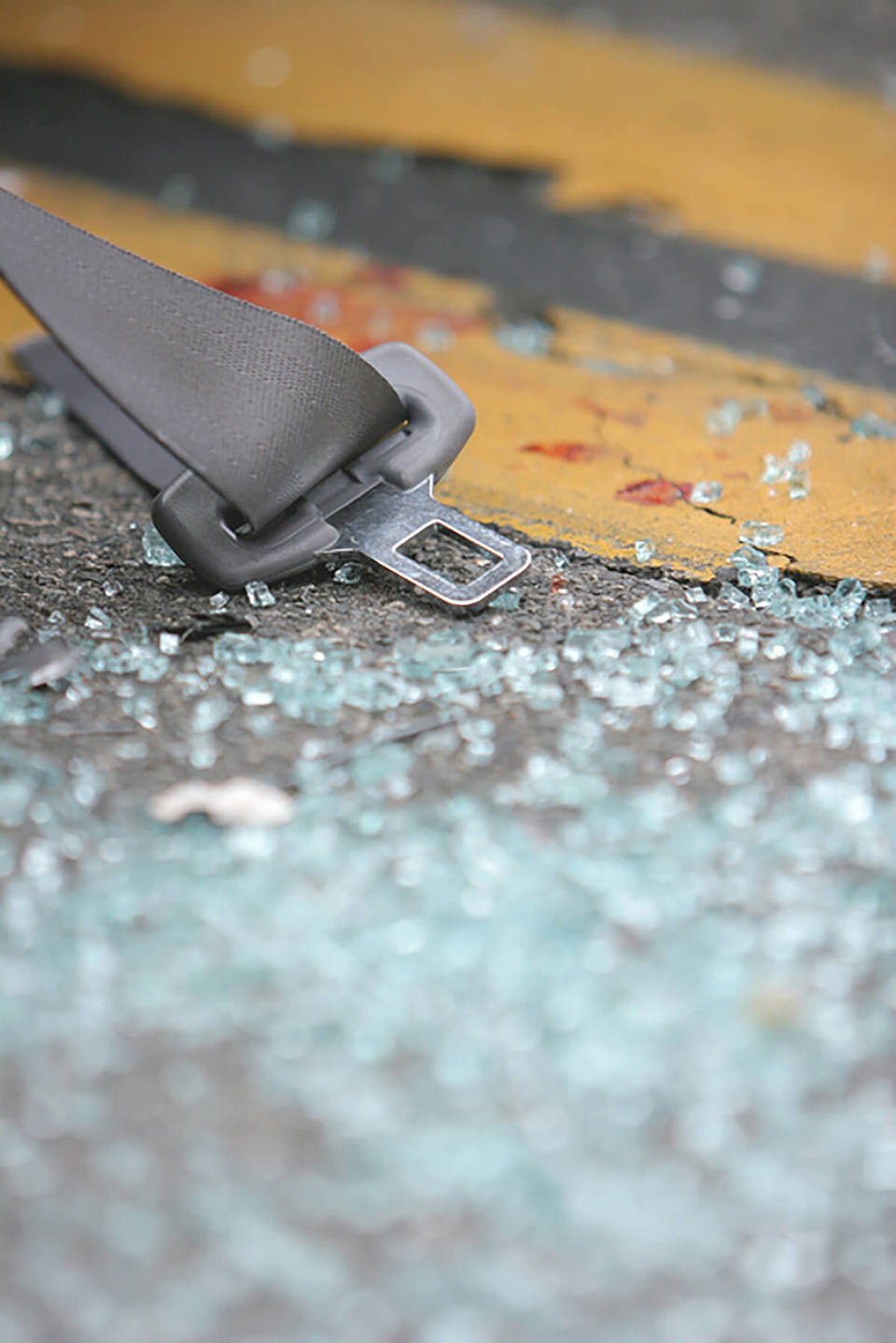The true cost of an accident is between three and 10 times the cost of repairing the bent metal.
So says Greenroad UK general manager Aidan Rowsome. His statistics revealed that 87% of accidents are in some way down to driver factors, while 57% are entirely due to driver factors.
“The traditional approach is to be reactive, taking action after the incident,” Rowsome said. “But it’s the proactive controls, looking at the tens of thousands of driving errors, which makes the difference.”
Road incidents break down to three main areas: the road, the vehicle and the behaviour. The latter is the one fleet managers have the most influence over; it has the biggest impact on crash rates.
The key is real-time, in-vehicle feedback, giving the driver immediate updates on how they are driving, aligned to post-trip analysis and backed by online training where necessary.
“You need to create driver goals,” said Rowsome. “Email them a weekly report with their personal score and the team score this week versus the previous week, and include areas to focus on for improvement.”
A driver-led change management process is crucial for long-term success.
“The culture is driven from the top, but improvement is from the driver up – it’s about engagement throughout the business,” Rowsome said.
“Energise the team with rewards, league tables and posters. Post on the website details of problem junctions where there are a lot of incidents or where a lot of risky behaviour takes place.”
One Greenroad customer, First Bus, claimed installing telematics made its drivers “calmer and less stressful” when driving.
First Bus reduced its passenger injuries by 20% and reduced its fuel bill by 8%. It has recently added idling functions that is expected to result in another 2-3% saving on fuel.
Bunzel cut its crash rate by 89% and fuel bill by 9%, while Fleet News Awards winner Iron Mountain achieved a 14% fuel saving, an 80% reduction in risky manoeuvres and a 93% drop in crashes.
“Return on investment is possible within three months,” said Rowsome. “The average cost is around 80p per day. Fuel savings are immediate; crash reductions lag behind but will be seen after a year.”













Login to comment
Comments
No comments have been made yet.